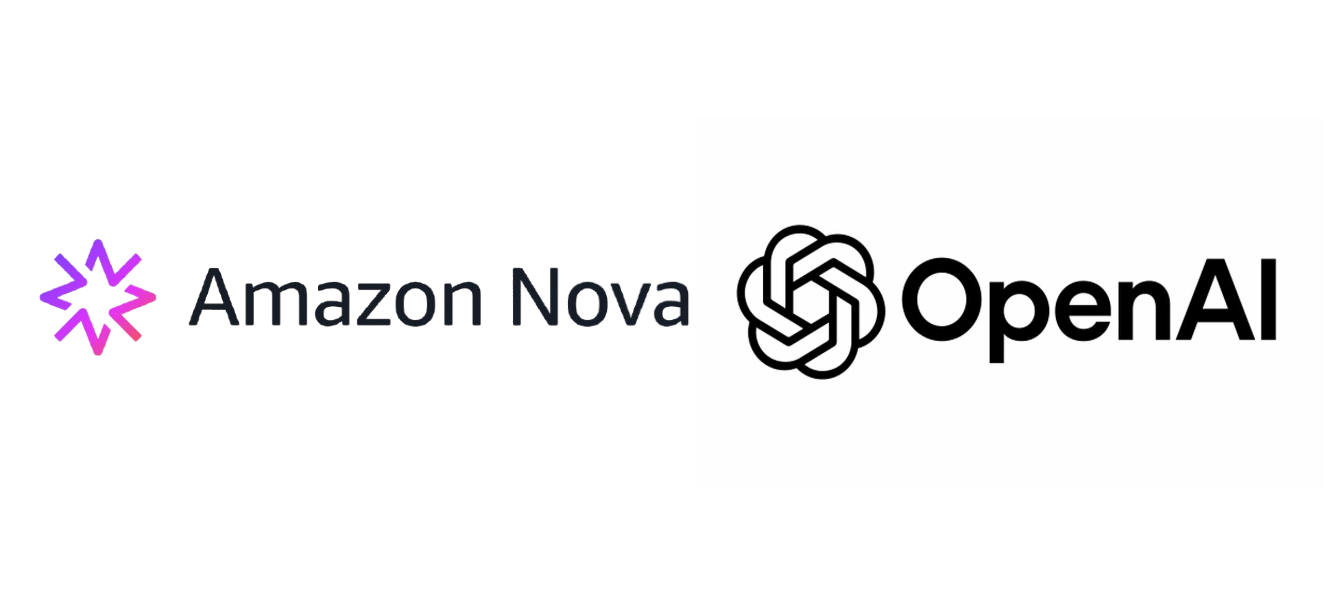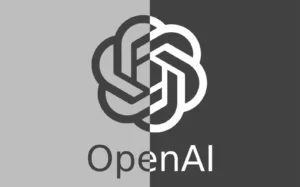Agentic AI Advances with the Introduction of Amazon’s Nova Act and OpenAI’s Open-Weight Model

Amazon’s Nova Act: A Step Towards Agentic AI
Amazon has recently launched Nova Act, an innovative AI-powered browser agent designed to replicate human browsing behavior. This technology automates low-risk tasks, reflecting a significant leap towards the practical use of agentic AI, which involves systems that can plan, reason, and perform various tasks autonomously.
Rising Competition in Agentic AI
The race to define the next phase of agentic AI is heating up, with major technology companies such as OpenAI and China’s Zhipu AI entering the fray. These organizations are unveiling new AI models that come with different levels of autonomy and accessibility. Each company aims to carve out its space in this rapidly evolving landscape.
- Amazon: With the launch of Nova Act, Amazon seeks to introduce a tool that addresses user needs by automating simple online tasks.
- OpenAI: The organization is set to offer an open-weight language model that allows developers to access trained parameters and create customized AI solutions.
- Zhipu AI: This Chinese firm is making headlines with the debut of a free AI assistant aimed at bolstering its domestic market competitive stance against Western companies.
Implications of New Launches
The introduction of these advanced AI capabilities marks a pivotal shift in how businesses adopt AI technologies. While agentic AI holds significant potential for efficiency, experts caution that integrating such systems into high-stakes environments will necessitate further refinement.
Sharath Srinivasamurthy, an associate VP of research at IDC, explains that while Nova Act is a promising tool for public-facing tasks with minimal risks, complexities in enterprise workflows and operational challenges will likely slow its wider adoption.
The Open Weight Model by OpenAI
OpenAI’s approach of releasing an open-weight model can facilitate faster AI customization. This model significantly differs from fully open-source frameworks; it allows businesses to utilize trained parameters without making the entire dataset and code public. As enterprises seek greater control over AI deployment, this model caters to their needs.
Srinivasamurthy further emphasizes that the shift towards open models is reshaping the market dynamics. Companies like Meta and DeepSeek are gaining traction in this domain, and OpenAI’s decision comes at a crucial time when competitive pressure is increasing.
Zhipu AI’s Impact and Global Considerations
The emergence of Zhipu AI underscores China’s ambition to lead in AI innovation. With global tech companies reevaluating partnerships and compliance as Chinese firms gain influence, these developments may require multinationals to rethink their strategies in various markets.
Abhivyakti Sengar from Everest Group points out that Zhipu AI’s growth reflects the changing landscape in AI governance and security. Businesses worldwide must adapt their competitive strategies accordingly to address these new challenges.
The Future of AI Adoption
As AI technology continues to advance, the balance between performance, openness, and control remains a key focal point for enterprises. Organizations will need to navigate this shifting landscape carefully, ensuring that they leverage AI effectively while managing associated risks and complexities.
For more detailed insights into these developments, you can explore various industry resources and analytical platforms dedicated to AI advancements.






